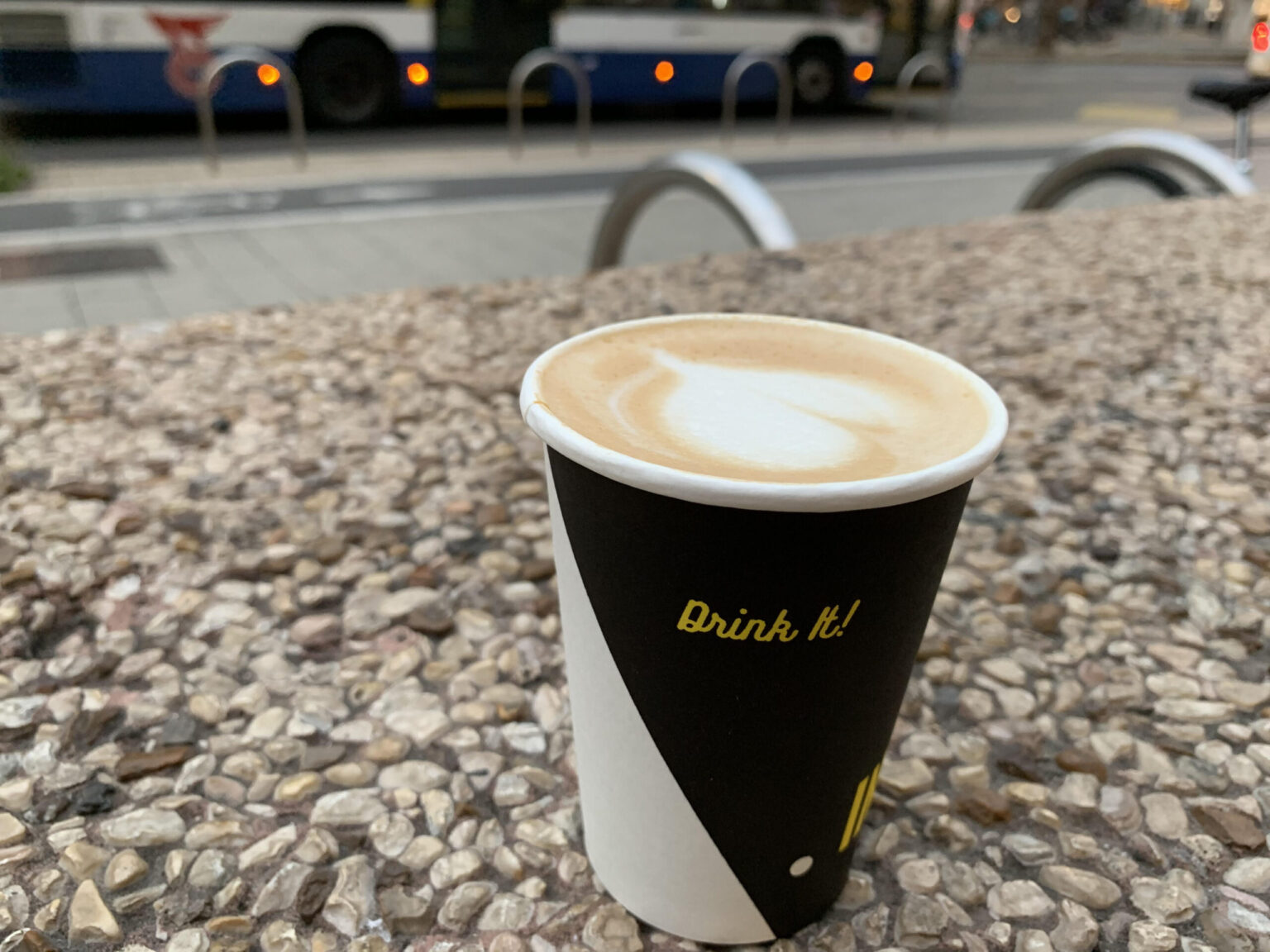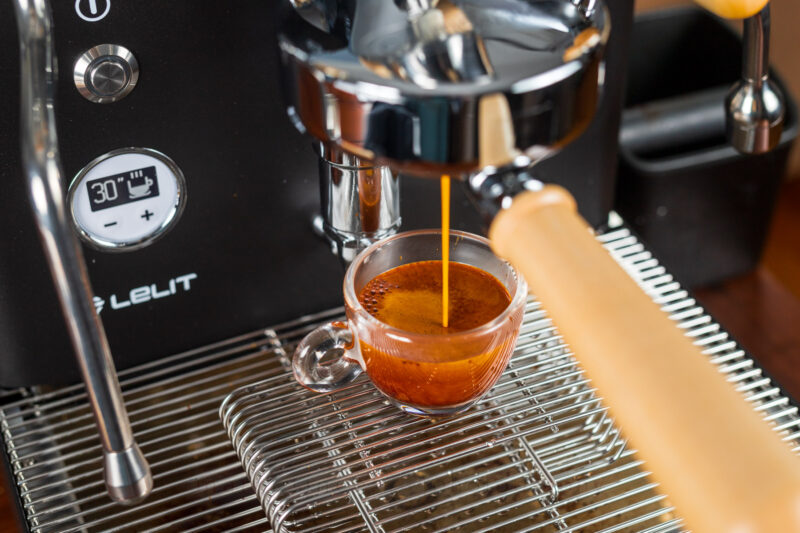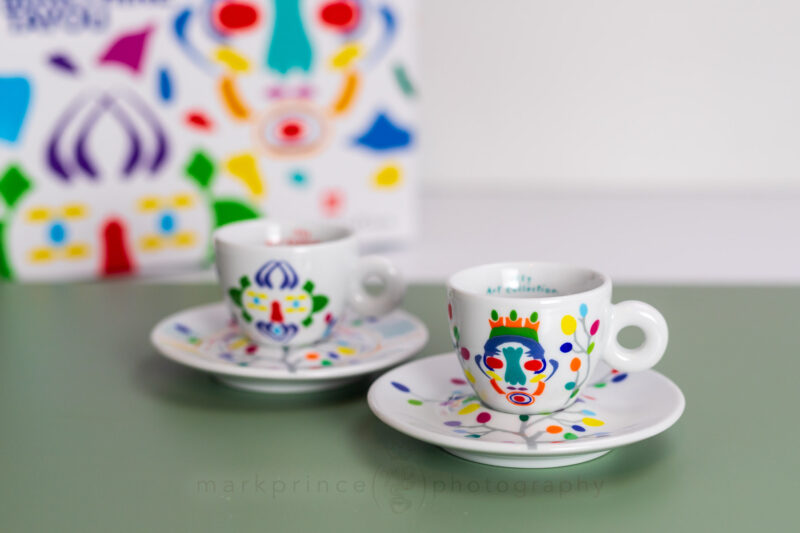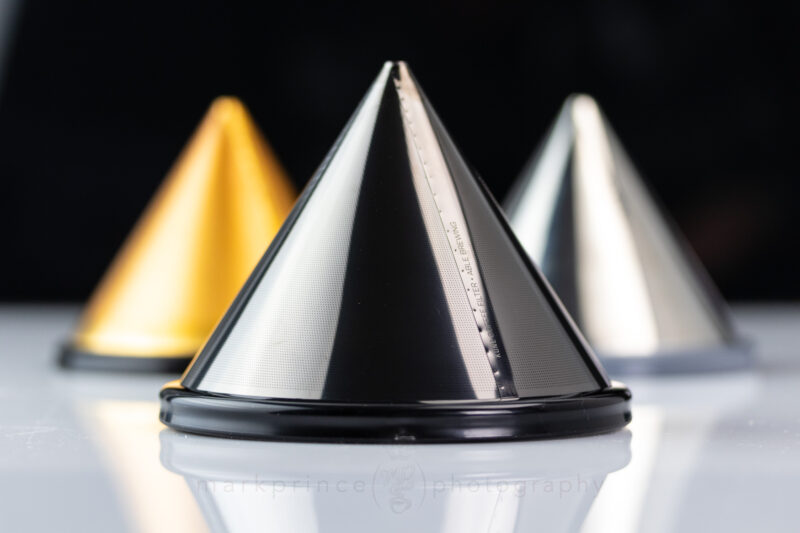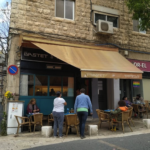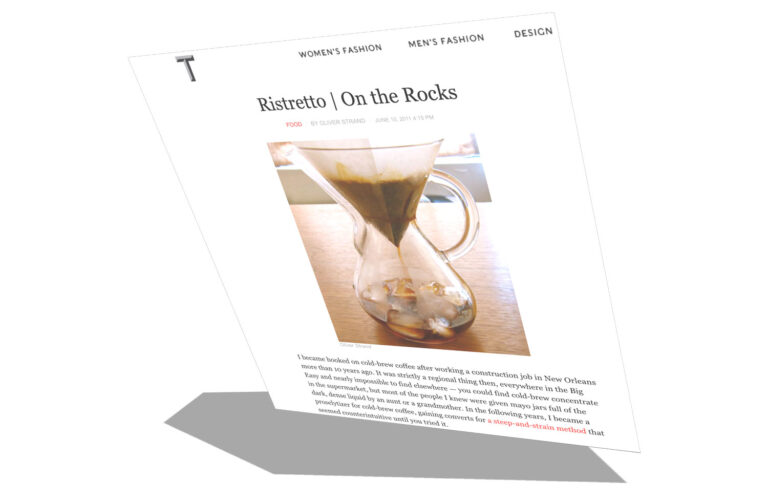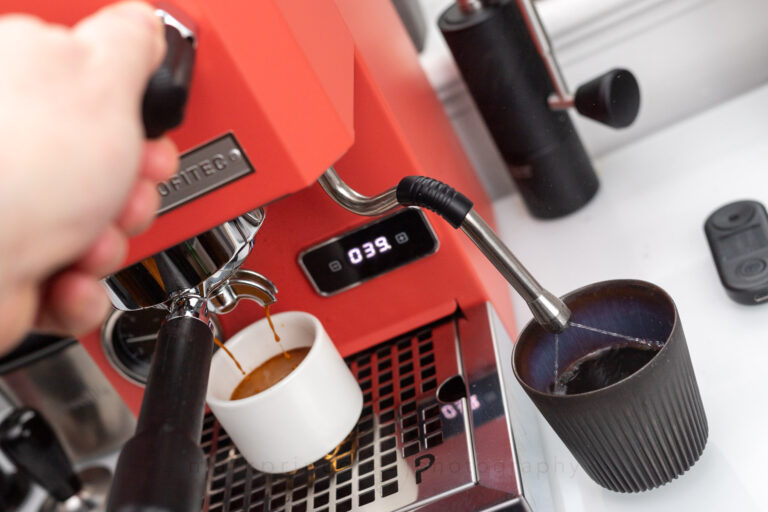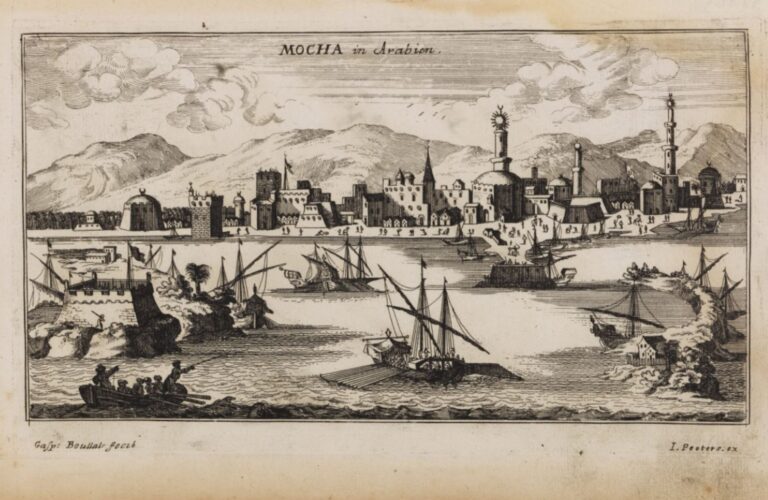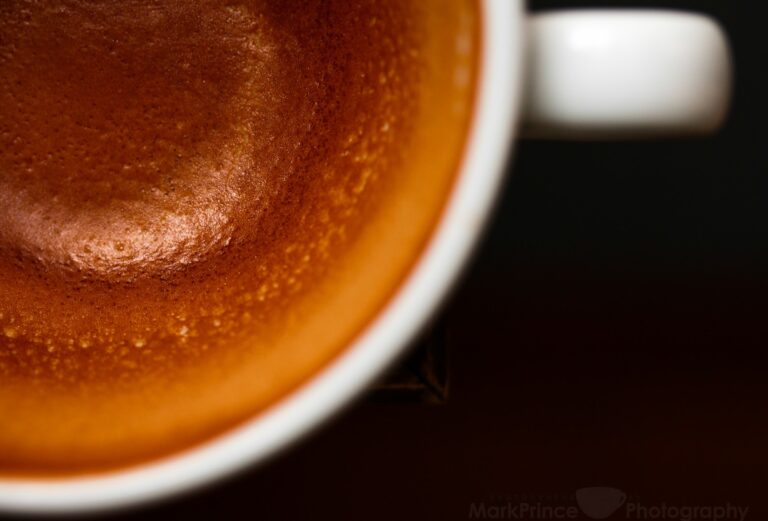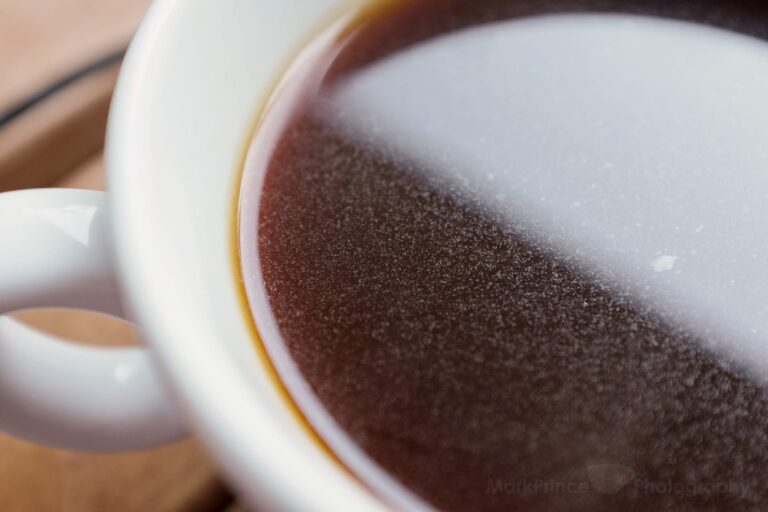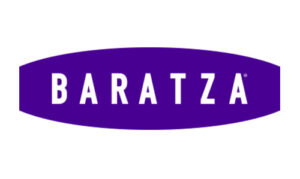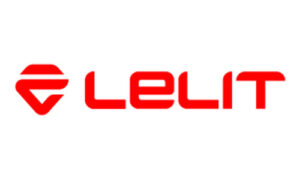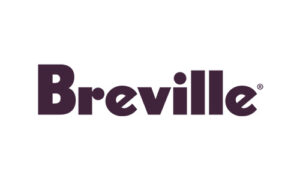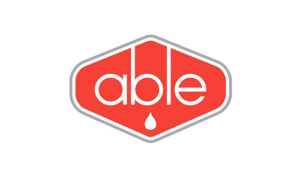Every time I travel outside of my home country, Israel, I’m surprised by how harder it becomes to find good coffee. It’s not that good coffee doesn’t exist abroad, of course; I have, throughout my travels, collected memories from specialty cafés and stores where I drank a wonderful flat white, a mouth-watering espresso, a truly perfect drip. I have woken up to the darkest and deepest of roasts freshly brewed for me in a French press at various Bed and Breakfasts and I have also shamelessly enjoyed my share of overtly sweet Starbucks drinks.
I like coffee, and I make it a point to find the unique spots where I can truly enjoy it. In Israel, there’s no need for me to look too hard.
Sure, it’s my home, so it’s not that surprising that I know where the good coffee is. But Israel also has…well, so many cafés everywhere. That’s the thing, they’re just…everywhere. And most of them will be happy to serve you a perfect cup of cappuccino (I wouldn’t go around trusting every single one of them). They just might not call it “a cappuccino”.
If you’re reading CoffeeGeek and will ever visit Israel, you will very quickly learn to ask for a cup of “cafe hafuch”. In literal translation, that means “upside-down coffee”. There are people who will try to tell you that there’s a difference between an “upside-down coffee” and a cappuccino, but I’ve made enough upside-down coffees in my life to know that it’s built around the same ratio of thirds—a third of espresso, a third of steamed milk, and a nice layer of foam on top. Don’t ask me why we don’t simply call it a cappuccino, and what’s exactly upside-down about it, because I might actually dive into researching the origin of Israelis’ use of the term and I do not know when I’ll resurface. Anyway.
Your “cafe hafuch” will most likely be made by a barista whose main gig is their university degree, but that’s the charm of Israeli coffee culture: at 16, I started working as a barista, and before I knew anything about this life or this world, I knew the ritual of pulling an espresso shot, foaming a silky layer of milk (we drink our cappuccinos wet around here), and recognizing by hand when I steamed the milk into the perfect temperature, never over 145F. I strengthened my right arm by knocking the milk pitcher on the counter and learned the joy of details by shaping a heart out of my careful pour. Simply put, coffee culture in Israel is where specialty meets the everyday.
The charm, though, is always broken by those customers with personalization requests that might make you want to pull your hair out and tell them that that’s how you ruin your coffee. That’s for another post. For now, I’m excited to have my favorite cafés open for sitting again, because there’s nothing quite like writing fueled by a bunch of upside-down coffees.
Michael Elias is a writer of prose, poetry, plays, and anything in-between. They sustain their creativity with the help of their French press and invest it mostly in writing about queer culture. Bylines in Catapult Magazine, Jewish News Detroit, and more.
-
Michael Eliashttps://coffeegeek.com/author/m-elias/March 29, 2024
-
Michael Eliashttps://coffeegeek.com/author/m-elias/August 31, 2021
-
Michael Eliashttps://coffeegeek.com/author/m-elias/April 20, 2021

